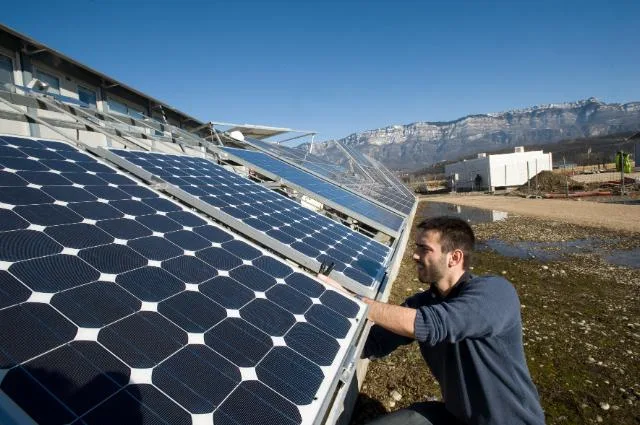Brussels – An internal task force at the European Investment Bank (EIB) dedicated to critical commodities essential for the dual transition, green and digital: This is the idea gaining momentum within the European Commission, illustrated in the lines today (Feb. 8) by the Commission Vice President Maros Sefcovic.
The European Investment Bank (EIB) “should establish, within its structure, a dedicated ‘Task Force’ for sustainable critical commodities, focusing exclusively on facilitating projects along the entire value chain of critical commodities,” explained the vice president in charge of the Green Deal speaking at the Forum of the EIB Group underway in Luxembourg.
From gallium to germanium, via lithium and magnesium. These raw minerals are the basic elements of the products that drive the dual green and digital transition, such as batteries, electric motors, electrolyzers, and photovoltaic panels. Today the European Union supplies only 1 per cent of its needs for key raw materials for batteries, such as lithium, cobalt, and nickel. “About 98 per cent of our rare earths come from China,” Sefcovic made clear.
In the European Commission’s idea, the task force in question should bring together experts from across the EIB Group, including EIB Global, to address the different types of financing instruments that would be involved. “We need to set clear objectives while equipping the team with the right tools to do the job,” he pressed.
It should also lead and coordinate the efforts of national funds dedicated to raw minerals, such as those of Germany (worth €1 billion) and France (€2 billion), and the new €500 million fund launched by EIT InnoEnergy and Demeter (a venture capital and private equity player). The task force would work closely with the permanent subgroup on financing, created by the Commission to mobilize financing for strategic commodity projects, in which the EIB, EBRD, and other key banks and institutions will participate as observers.
“I am confident that the task force will receive the full support of member states and send a strong signal to the industry,” he concluded. To address excessive and risky reliance on third countries, the European Commission last year presented the “Critical Raw Materials Act”, a proposal for a regulation on the supply of critical raw materials needed for the double transition.
The law has identified overall 34 critical raw materials (from bauxite to helium, arsenic to strontium), but only 17 of these are considered strategic: bismuth, boron (metallurgical grade), cobalt, copper, gallium, germanium, lithium (battery grade), metallic magnesium, manganese (battery grade), natural graphite (battery grade), nickel (battery grade), platinum group metals, metallic silicon, metallic titanium, tungsten, and rare earth elements for magnets: neodymium (Nd), praseodymium (Pr), terbium (Tb), dysprosium (Dy), gadolinium (Gd), samarium (Sm) and cerium (Ce). In recent months Brussels has been working with international partners such as Canada and the United States to launch a small “Club” of reliable countries with which to create a secure supply chain for critical raw materials.
English version by the Translation Service of Withub






